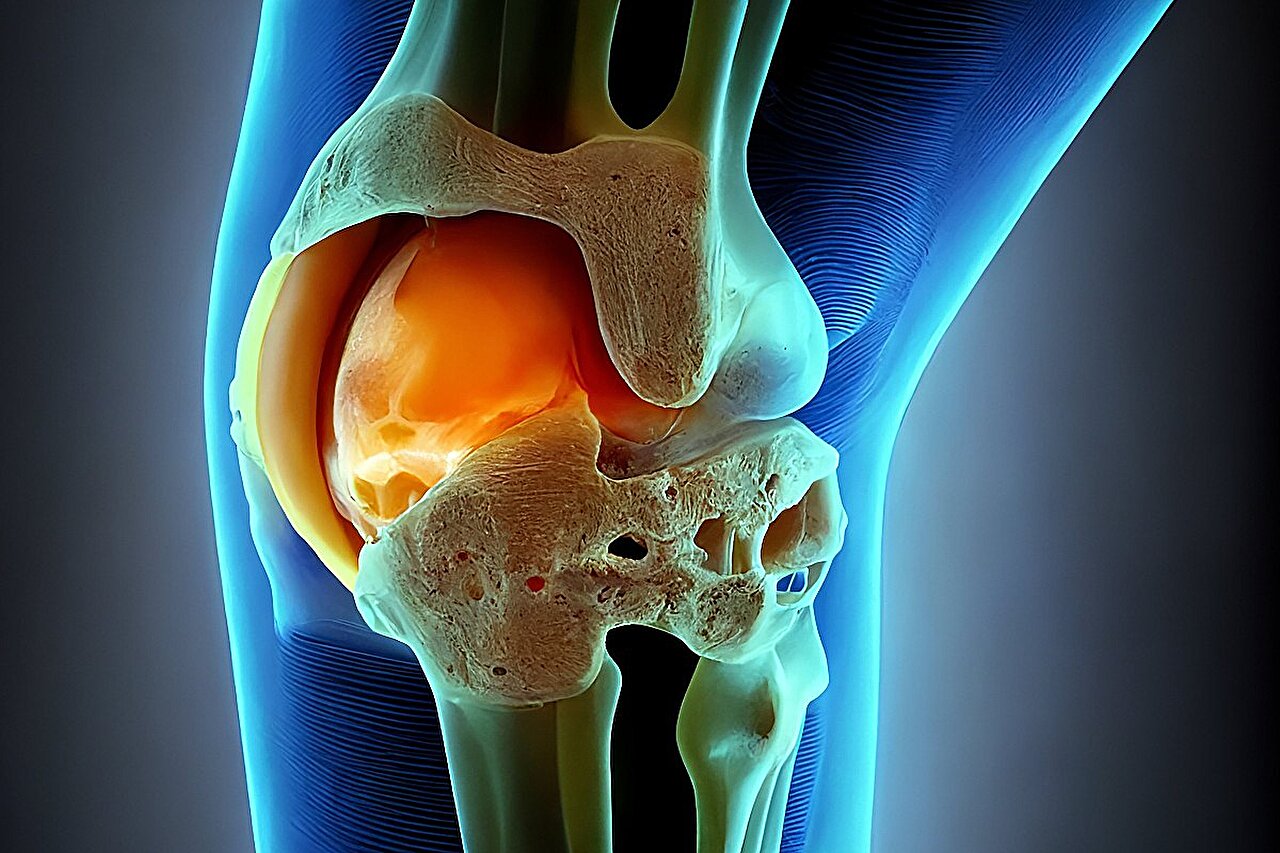Participants on a self-directed dietary education program who had the greatest success at losing weight across a 25-month period consumed greater amounts of protein and fiber, a study found. Personalization and flexibility also were key in creating plans that dieters could adhere to over time.
At the one-year mark, successful dieters (41% of participants) had lost 12.9% of their body weight, compared with the remainder of the study sample, who lost slightly more than 2% of their starting weight, according to a paper on the study published in Obesity Science and Practice.
The dieters were participants in the Individualized Diet Improvement Program, which uses data visualization tools and intensive dietary education sessions to increase dieters’ knowledge of key nutrients, enabling them to create a personalized, safe and effective weight-loss plan, said Manabu T. Nakamura, a professor of nutrition at the University of Illinois Urbana-Champaign and the leader of the research.
“Flexibility and personalization are key in creating programs that optimize dieters’ success at losing weight and keeping it off,” Nakamura said. “Sustainable dietary change, which varies from person to person, must be achieved to maintain a healthy weight. The iDip approach allows participants to experiment with various dietary iterations, and the knowledge and skills they develop while losing weight serve as the foundation for sustainable maintenance.”
The pillars of iDip are increasing protein and fiber consumption along with consuming 1,500 calories or less daily.
Based on the dietary guidelines issued by the Institutes of Medicine, the iDip team created a one-of-a-kind, two-dimensional quantitative data visualization tool that plots foods’ protein and fiber densities per calorie and provides a target range for each meal. Starting with foods they habitually ate, the dieters created an individualized plan, increasing their protein intake to about 80 grams and their fiber intake to about 20 grams daily.
In tracking the participants’ eating habits and their weights with Wi-Fi enabled scales, the team found strong inverse correlations between the percentages of fiber and protein eaten and dieters’ weight loss.
“The research strongly suggests that increasing protein and fiber intake while simultaneously reducing calories is required to optimize the safety and efficacy of weight loss diets,” said first author and U. of I. alumna Mindy H. Lee, a then-graduate student and registered dietitian-nutritionist for the iDip program.
Nakamura said the preservation of lean mass is very important while losing weight, especially when using weight-loss drugs.
“Recently, the popularity of injectable weight loss medications has been increasing,” Nakamura said. “However, using these medications when food intake is strongly limited will cause serious side effects of muscle and bone loss unless protein intake is increased during weight loss.”
A total of 22 people who enrolled in the program completed it, including nine men and 13 women. Most of the dieters were between the ages of 30-64. Participants reported they had made two or more prior attempts to lose weight. They also had a variety of comorbidities — 54% had high cholesterol, 50% had skeletal problems and 36% had hypertension and/or sleep apnea. Additionally, the dieters reported diagnoses of diabetes, nonalcoholic fatty liver disease, cancer and depression, according to the study.
The seven dieters who reported they had been diagnosed with depression lost significantly less weight — about 2.4% of their starting weight compared with those without depression, who lost 8.39% of their initial weight. The team found that weight loss did not differ significantly among participants with other comorbidities, or between younger and older participants or between men and women.
Body composition analysis indicated that dieters maintained their lean body mass, losing an average of 7.1 kilograms of fat mass and minimal muscle mass at the six-month interval. Among those who lost greater than 5% of their starting weight, 78% of the weight they lost was fat, according to the study.
Overall, the participants reduced their fat mass from an average of 42.6 kilograms at the beginning of the program to 35.7 kilograms at the 15-month mark. Likewise, the dieters reduced their waists by about 7 centimeters at six months and by a total of 9 centimeters at 15 months, the team found.
In tracking dieters’ protein and fiber intake, the team found a strong correlation between protein and fiber consumption and weight loss at three months and 12 months.
“The strong correlation suggests that participants who were able to develop sustainable dietary changes within the first three months kept losing weight in the subsequent months, whereas those who had difficulty implementing sustainable dietary patterns early on rarely succeeded in changing their diet in the later months,” Nakamura said.
The team hypothesized that this correlation could also have been associated with some dieters’ early weight loss success, which may have bolstered their motivation and adherence to their program.
The project was funded by the U. S. Department of Agriculture’s National Institute of Food and Agriculture, and the National Institute of Health’s National Institute of Biomedical Imaging and Bioengineering.
The study’s co-authors, all at the U. of I., were: Dr. Jennie Hsu, a clinical professor of nutritional sciences and internist with the Carle Illinois College of Medicine; professor emeritus of nutrition and food science John W. Erdman Jr.; medical student Annabelle Shaffer; Catherine C. Applegate, a postdoctoral research associate at the Beckman Institute for Advanced Science and Technology; and then-graduate student Nouf W. Alfouzan.

